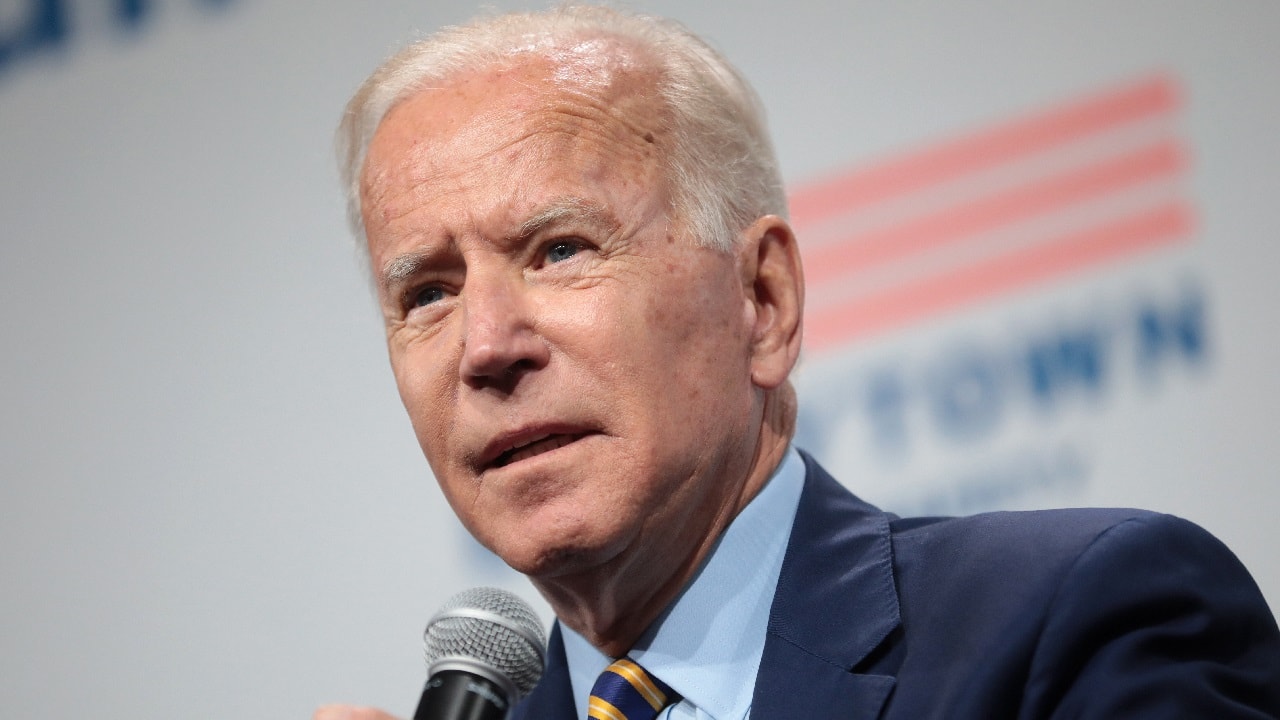What, exactly, is the “uniparty”? It’s not exactly a new concept, but it is a newly favored name for it, one frequently bandied about by Matt Gaetz and like-minded conservative members of Congress.
Enter the Uniparty
The idea that both parties in Washington are basically the same is far from a new one. It’s been used, frequently, over the years by those on both the left and right who believe that the two major parties are essentially the same, or at least aligned together against what the person speaker believes is the correct position on major issues.
This happened during Vietnam and Iraq, as well as during time periods in which bipartisan legislation has passed that some people disliked. The attitude is frequent during the current Mideast hostilities, with many on the pro-Palestinian side arguing that both parties appear to favor Israel. It’s been the basis for third-party presidential candidates, and when Donald Trump first ran for president, he made clear that he was running against major elements of both parties.
This has been called different things by different people over the years- “The Village,” “The Blob,” or “Official Washington,” or any other term for the bipartisan consensus of how things in the capital should be.
But now, there’s a newly resurgent term for this: “The uniparty.” The term was used many times in the last year or so during the fight over Kevin McCarthy’s speakership, and its ultimate fall. Rep. Matt Gaetz (R-FL), the instigator of McCarthy’s ouster, has been known to use the term frequently. Steve Bannon, the former Trump campaign and White House adviser who now works as an outside media figure.
Vox over the weekend published an explainer of what exactly the “uniparty” is.
“The term crystallizes an idea widespread on the MAGA right: that too many Republican politicians and especially leaders are, on key issues, aligned with Democrats and the Washington establishment, and working against Donald Trump and the right,” the Vox piece said.
The piece quoted Gaetz as saying, after House Republicans and President Biden agreed to a deal to avoid a government shutdown, that “right now, we are governed by a uniparty that Speaker McCarthy has fused with Joe Biden and Hakeem Jeffries.”
It is, of course, self-evidently untrue that the political worldviews of Joe Biden and Kevin McCarthy are in any way similar.
The “uniparty,” per Vox, is “an exaggerated, sloppily conceived concept that’s often deployed as a way to blame the right’s own failures to achieve a conservative policy paradise on some sort of dastardly conspiracy against them by their own leaders.”
Indeed, just as bipartisanship in Washington often means “everybody in both parties should come together and do exactly what I want,” “uniparty” seems to be defined by some elected officials and media figures as “all those people, in both parties, who are opposed to doing exactly what I want.”
There is, however, a kernel of truth to the “uniparty” idea. There are certain things that are part of the Washington consensus, as well as a lot of things on which Democrats and Republicans are pressured to come together and reach “common sense” solutions; other times, such agreements are driven by structural things like budget deadlines. Those consensuses are often of the center while leaving out the MAGA right.
In some cases, in other words — such as, say, whether Donald Trump really won the election in 2020 — the “uniparty” is right.
“There are important issues where many Republican elites have long thought the MAGA right’s preferences are wrongheaded or downright dangerous — and where those elites work, either openly or subtly, to ensure Trump and his acolytes don’t get what they want,” Vox said. “These range from major foreign policy questions about the US’s role in the world to preferences about tactics in government spending battles, to issues at the heart of American democracy — such as whether elections that Donald Trump loses should be certified.”
Vox noted that Ralph Nader when he ran for president as a leftist independent in 2000, had also used “uniparty.”
Author Expertise and Experience
Stephen Silver is a Senior Editor for 19FortyFive. He is an award-winning journalist, essayist and film critic, who is also a contributor to the Philadelphia Inquirer, the Jewish Telegraphic Agency, Broad Street Review and Splice Today. The co-founder of the Philadelphia Film Critics Circle, Stephen lives in suburban Philadelphia with his wife and two sons. Stephen has authored thousands of articles over the years that focus on politics, technology, and the economy for over a decade. Follow him on X (formerly Twitter) at @StephenSilver, and subscribe to his Substack newsletter.

